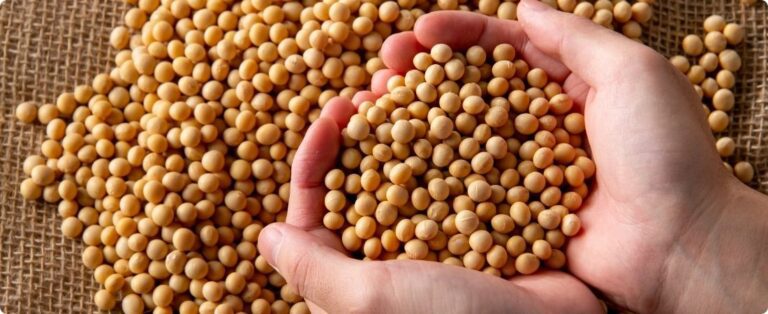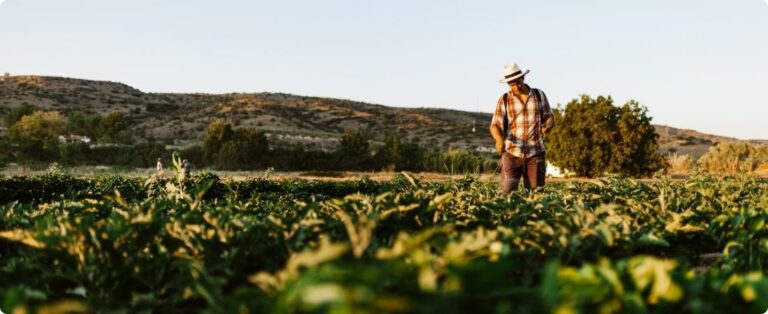
Indonesia, the world's largest producer of Palm oil, could reduce the supply of vegetable oil in the global market due to the implementation of higher biodiesel mandates, an industry analyst said on Tuesday.
The country currently has a mandatory blend of 35% of palm oil-based biofuel in diesel (B35). And the government is seeking to increase this percentage to 40% (B40) in an effort to reduce energy imports.
Impact on biodiesel consumption
If the government implements the plan, Indonesia’s biodiesel consumption could reach 16 million kiloliters by 2024, requiring an increase of 1.5 to 1.7 million metric tons of palm oil. This increase in domestic palm oil use could result in lower export volumes, David Mielke, senior analyst at Oil World, explained during a palm oil conference held in Kuala Lumpur, Malaysia.
“We are already facing a limited supply of palm oil. Indonesia increasing the mandate by 5 percentage points would further tighten global supplies,” Mielke told Reuters in an interview. “For consumers around the world, this could be catastrophic as there would be even less oil available.”
Estimated increase in palm oil use
According to the Indonesian Biofuel Producers Association (APROBI), the B40 mandate is expected to significantly increase the use of palm oil for biodiesel. Consumption is expected to reach 13.9 million metric tons. In comparison, it is estimated that in 2023, B35 required around 11 million tons. Thus, the increase in palm oil use will be significant with the transition to B40.
Problems with palm oil supply
In recent years, several factors have hurt global palm oil supplies, including lower production in Indonesia and Malaysia, the two largest exporters, due to labor shortages caused by the pandemic, high fertilizer costs and adverse weather conditions.
However, Mielke projected that palm oil production could increase by 2.3 million metric tons. This growth is expected during the 2024/25 season when compared to the previous year.
Source: Danial Azhar and Ashley Tang | Notícias Agrícolas















